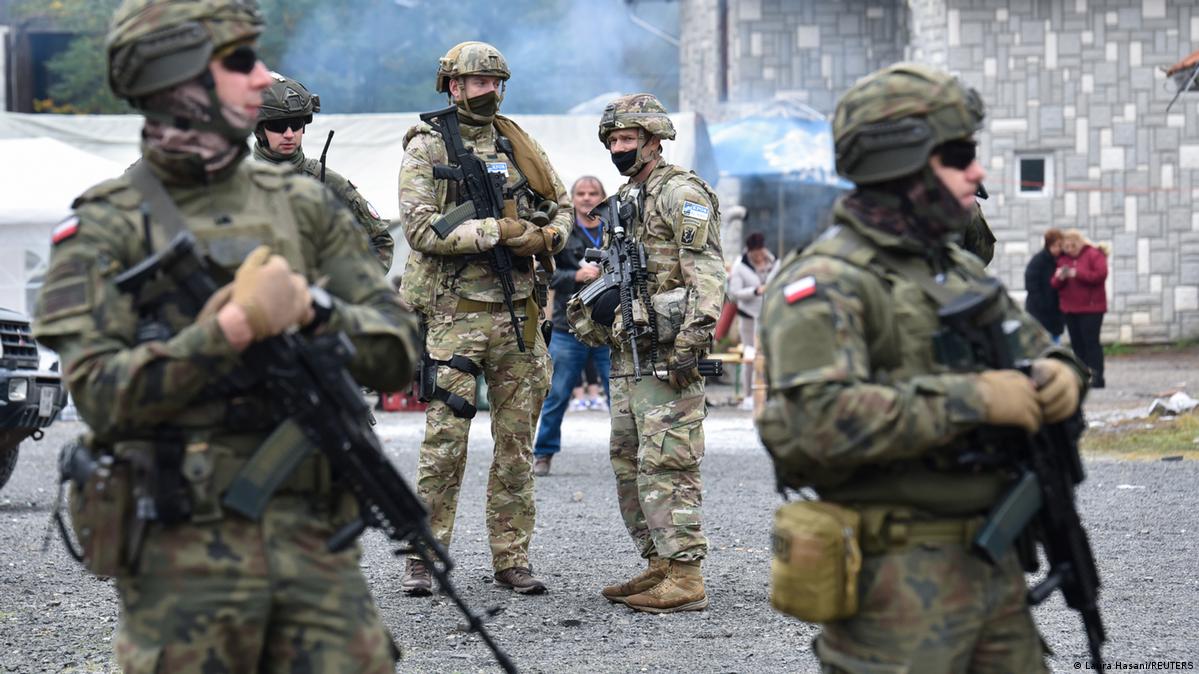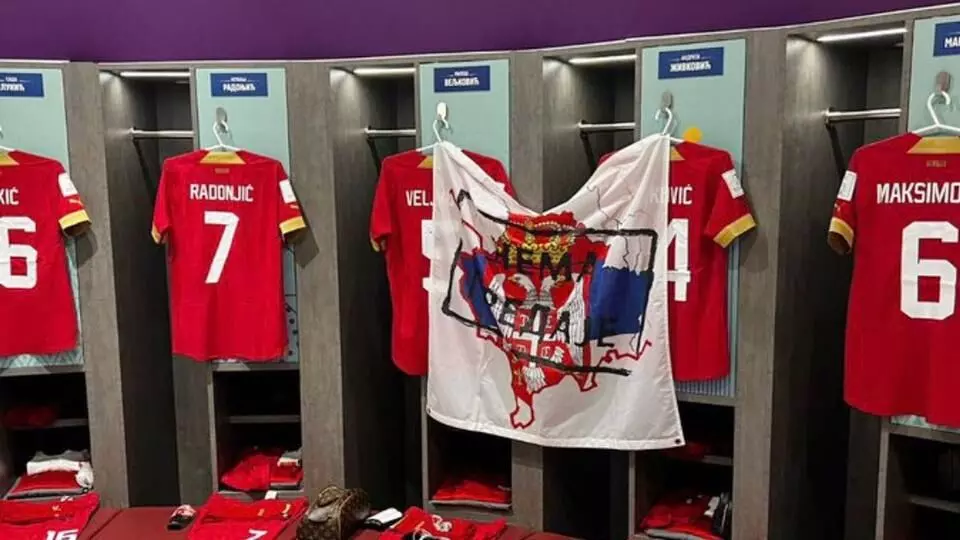
Kosovo-Serbia border tensions rise
text_fieldsBelgrade: Europe, already reeling under the protracted conflict between Russia and Ukraine, has now come under the fear of an evolving confrontation on another front: Serbia and Kosovo. Kosovo, which seceded from from Serbia is now faced with forces of Serbia lined up against it.
As war clouds gather, Serbia argues that it has deployed additional forces to protect ethnic Serbs inside Kosovo, dominated by those of Albanian descent.
Serbian President Aleksandar Vucic has directed to reinforce its forces along the border to 5,000 and also to put its para-military forces in a state of readiness, thereby upping the ante n the conflict.
However, sensing the lurking belligerence of the rivals, Nato and the European Union have initiated efforts to maintain peace in the region. The 3,700 strong peacekeeping force in Kosovo have been put on a state of alert, assures Nato and EU.
The immediate trigger for the current tension is Kosovo's ban on vehicles with Belgrade licence plate in the Kosovan border areas adjacent to Serbia, and ethnic Serbs blocking roads following that. Most recently, ethnic Serbs in the north put up roadblocks in protest of an arrest of a former Serb police officer.
Serbs claim having to suffer repression and attacks from Kosovo, an allegation Kosovo denies. It was after the bloody war during 1998-99 that Kosovo liberated itself from Serbia.
Although several countries, including the United States, recognised Kosovo as an independent country, Serbia has not conceded that.
Serbia's position of not recognising Kosovo enjoys the the endorsement of Russia and China, among other countries like Brazil and South Africa who have yet to accord recognition.
Serbia claims that the Kosovan areas which belonged to them are obliged to remain part of their territory.
(With inputs from agencies)


















